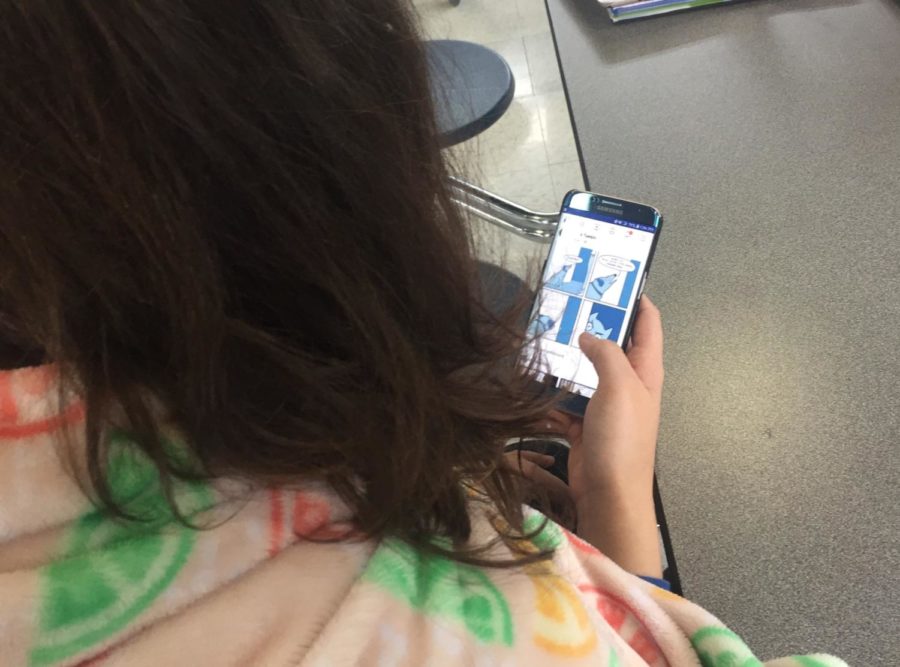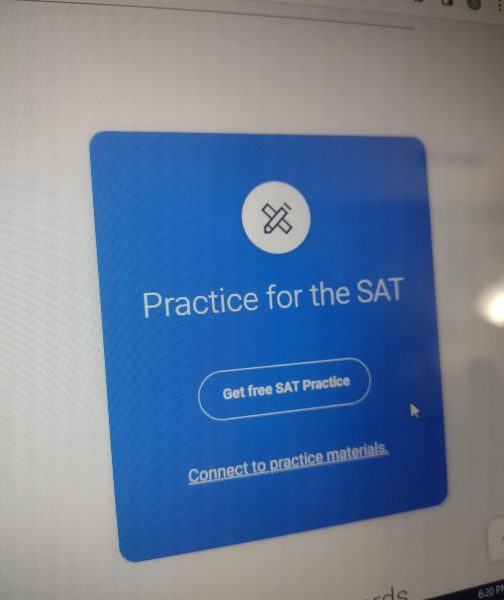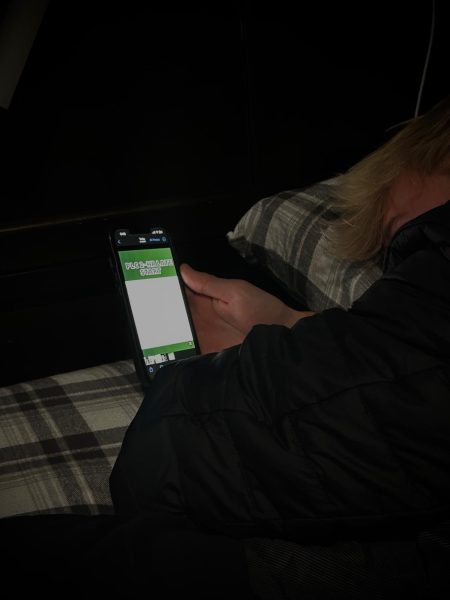It’s Android (Not Samsung!) versus Apple; Android Wins
The debate is an ongoing one: is Samsung better than Apple? When it comes to phones, the debate is fueled by operating system quality between the two major companies. This is the wrong debate to be having.
When it comes down to the operating systems, there is no place to argue Samsung against Apple. Samsung does not develop its operating systems, but rather Google does. Google owns Android, which many smartphone devices utilize. Most smartphones function on Android systems: from LG, HTC, Motorola to BLU; obviously Google phones also function with Android OS. Though, like our politics, there are more than the two highest powers: Windows exists too, but that’s not the argument here.
In terms of operational status, Android favors developers, as applications are “open-source software,” meaning anyone can create an app to release on the Play Store. Also, most aspects of the device could be changed by the user. Things like the number of processes and services that may run, touch feedback display, RAM and file storage can be controlled by the user. As of 2008, the customization of Android systems peaked with operating system 4.4 (KitKat). After that, a user’s customization started dwindling in order to appeal to the general user, though the other software aspects like running speed and resolution have improved and apps remain open-source.
Comparably, Apple releases operating system installations to all its devices when the updates come out. Some believe the updates slow older generation devices down; Apple has openly admitted that older devices can’t support the new OSs very well. Generally, Apple operating systems began and remain very user-friendly; settings stay simple so that the user can’t over-complicate the device. Apple devices tend to have much less customization, similarly to what Android users see now.
At the same time of KitKat’s release, that 2008 year, Apple had just released its first iPhone. The original iPhone had a small amount of space: merely four gigabytes of internal storage. With minimal apps loaded, the first generation iPhone OS (renamed iOS in 2010) lost to KitKat. We’ve definitely come a long way from the first iPhone, with more apps and versatility.
In terms of hardware, Apple devices have nearly done away with buttons for the user to interact with. Later iPhones lost the home button, with only the two volume buttons and the lock button in use.
Some users, like junior Jei McDonald, prefer more keys.
“I had an iPod Touch so it was basically my phone. But the lack of buttons on an iPhone I do not like,” he said. “I like the interface of Samsung more.”
Another argument would be the new releases of phones being repeats of the last phone. Every year or so Apple will announce the new phone coming to release – this year we’re at the iPhone XS and XR.
“Android,” voted junior Christina Eisnor. “Android doesn’t just resell the same phone.”
Not only that, but Apple phones tend to be more fragile.
“Stating the obvious, Androids are pretty well known for being more indestructible than most Apple products,” said Eisnor.
Be it a Motorola or an LG, maybe it’s even the over-popular Samsung, smartphones running Android OS tend to have more design thought to strength. However, unlike Apple phones, Androids tend to randomly short out or not turn on without an obvious reason after a short duration of ownership. Additionally, Apple products are pre-protected from viruses, while Android devices tend to be more vulnerable.
“Unlike an Android phone, I always know that my iPhone will turn on,” said a sophomore student. “Unless I wreck the phone entirely, I know it’s going to work.”
I do love my iPhone; it serves me well. It’s been better than most $50 Android phones I buy (thanks LG, coming in clutch). Be that as it may, I do miss a screen not shattered and many changeable settings.
So, from cameras to screens to what clicks do what, the argument remains…unfortunately most do not distinguish Android from Samsung out of popularity. In the proper Apple versus Android argument, Android takes the cake with open-source apps, damage durability and diversity in settings.

Hey, I'm a senior here at Air Academy! I'm in my last semester here; I'm just counting down the days to winter finals. I'm a giant nerd with a great love...













